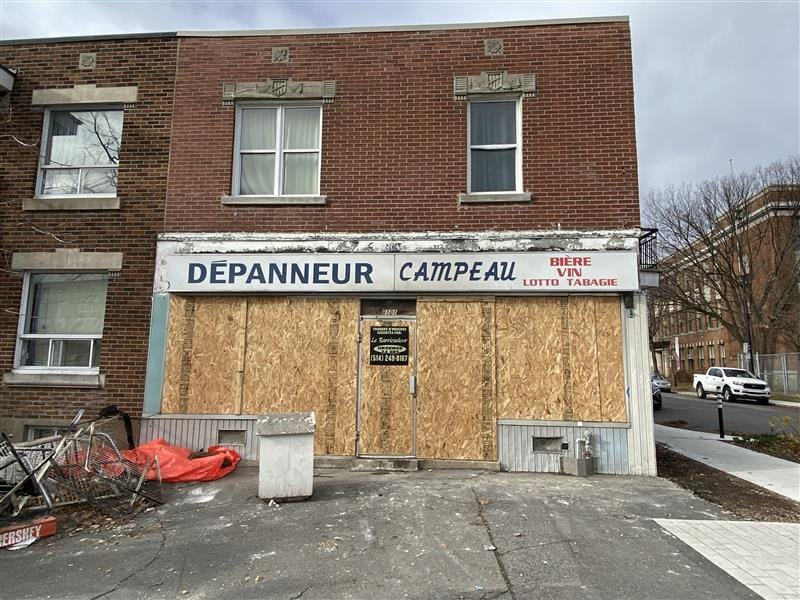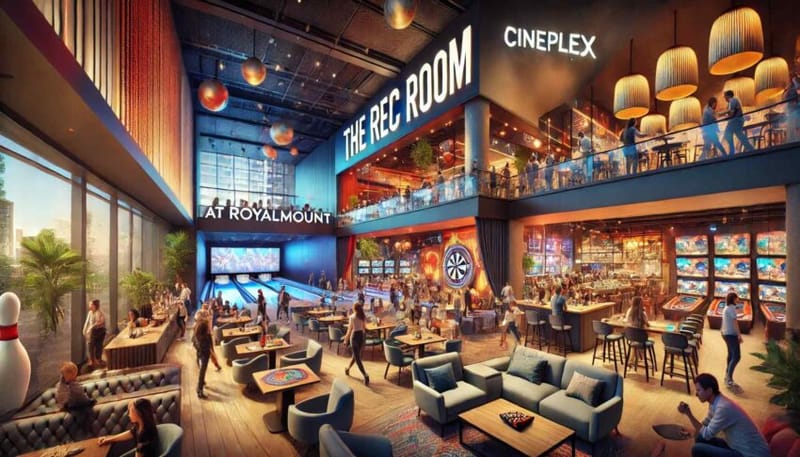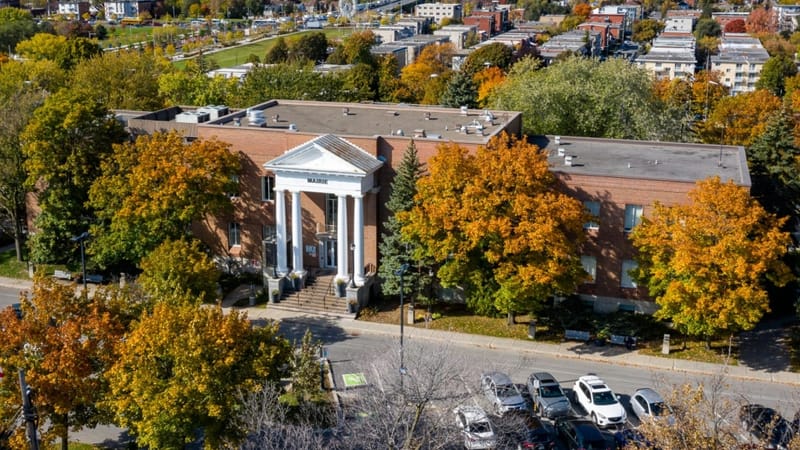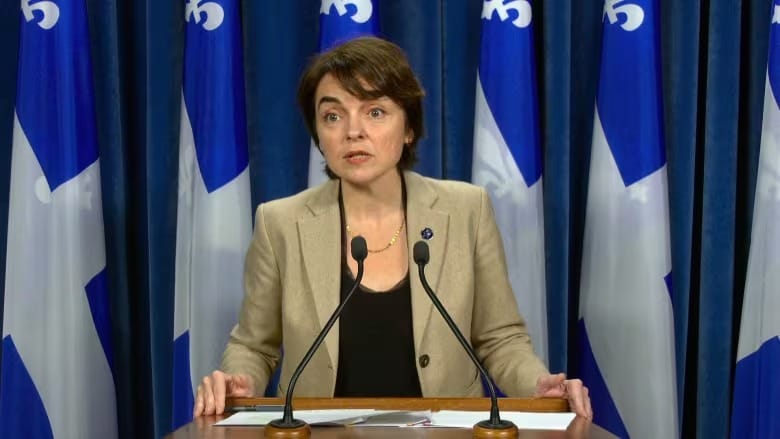Montreal byelection to have most candidates in federal election history
On June 24, the results of a byelection held in Toronto—St. Paul’s were delayed for hours after 84 candidates signed up to run, including 77 linked to the Longest Ballot Committee.
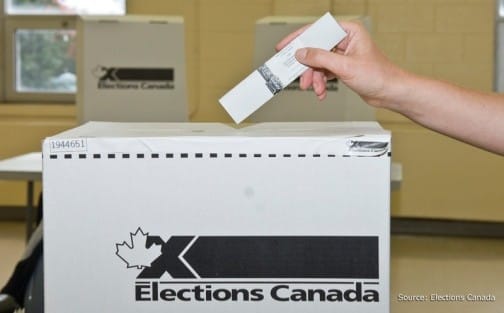
An upcoming byelection in Montreal is set to feature the longest ballot in Canadian federal election history, surpassing the previous record set in Toronto earlier this summer.
The ballot for the Sept. 16 byelection in LaSalle—Émard—Verdun will include at least 91 candidates, according to Elections Canada. Of these, 79 are associated with the Longest Ballot Committee, a group protesting Canada’s first-past-the-post voting system. The committee advocates for a citizens' assembly to oversee electoral reform, arguing that political parties are too resistant to making the government more representative of the electorate's diverse views.
Elections Canada is expected to release the final candidate list on Wednesday.
Sébastien “CoRhino” Corriveau, a key organizer of the protest and leader of the satirical Rhinoceros Party, aims to use the campaign to draw attention to the need for electoral reform and proportional representation. “It’s a ridiculous way of doing stuff,” he said. “But we did try other ways before, and everything failed.”
Corriveau mentioned that when committee members canvassed neighborhoods for signatures to qualify candidates for the ballot, about half of the people they approached agreed to sign. “The voting system is not the day-to-day concern of anybody in Canada right now, but people do agree it has to change,” he noted.
Earlier this summer, on June 24, a byelection in Toronto—St. Paul’s saw results delayed for hours after 84 candidates registered to run, including 77 associated with the Longest Ballot Committee. The unusually long ballots, nearly a metre in length and printed in two columns, caused delays in both the unfolding and tallying process, requiring additional ballot boxes to accommodate them.
Final results in that Toronto byelection were not released until after 4 a.m. the following morning, revealing that Conservative candidate Don Stewart had defeated the Liberal incumbent, ending the party’s more than 30-year hold on the riding.
Corriveau clarified that the group does not aim to influence the election’s outcome but believes their message justifies the inconvenience to voters. “The system is rigged, and the rules are written by the winner,” he stated.
Several candidates from the Toronto byelection will appear on the ballot in Montreal, including Donovan Eckstrom, who, in a video posted on Facebook, describes himself as the “candidate for an independent Alberta with LaSalle—Émard—Verdun.” In the video, he humorously pledges to “replace all of Quebec’s dairy cows with the vastly superior Albertan beef” if elected.
Another returning candidate is Felix-Antoine Hamel, who made headlines in June as the first candidate in Canadian electoral history to receive zero votes.
Dennis Pilon, chair of the politics department at York University, explained that advocates for electoral reform have grown frustrated with Canada’s major political parties' reluctance to change the voting system. Prime Minister Justin Trudeau, who campaigned in 2015 on a promise to end the first-past-the-post system, later broke that commitment in 2017.
“When rational discussion doesn’t work, then advocates of change turn to mockery,” Pilon said. “Individual voters might be somewhat put off by having to scan a huge ballot to find their choice. But on the other hand, we often talk about citizens needing to step up … and this is a form of engagement.”
Corriveau is uncertain whether the committee will continue these campaigns in future elections.
The Montreal byelection follows the resignation of former Liberal MP and cabinet minister David Lametti, who had held the seat since 2015. The riding’s predecessor, LaSalle—Émard, was represented by former prime minister Paul Martin from 1988 to 2011.
With the Liberals' political fortunes in decline, the riding could be competitive, with some polls suggesting a three-way contest among the Liberals, NDP, and Bloc Québécois.
Liberal candidate Laura Palestini, a Montreal city councillor, was chosen by the party, a decision that sparked frustration among other hopefuls who were disappointed that the party did not hold an open nomination process.
The NDP has selected Craig Sauvé, another Montreal municipal councillor, while the Bloc’s candidate is longtime political staffer Louis-Philippe Sauvé. Business owner Louis Ialenti is running for the Conservatives.
This byelection represents a significant test for the Liberals following their unexpected loss to the Conservatives in Toronto—St. Paul’s.


